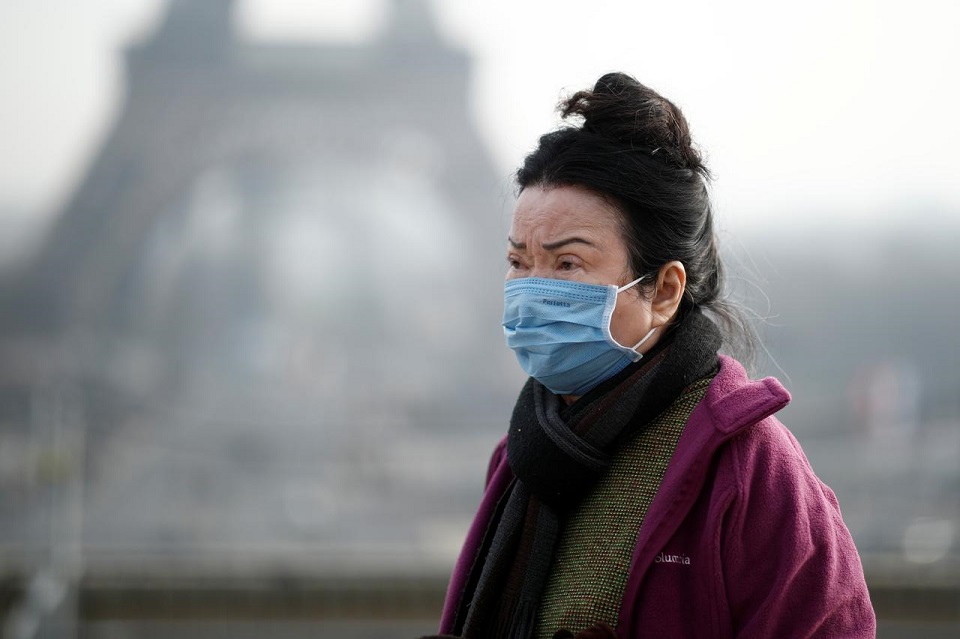
OR

More from Author
There has always been a close relation between disease and discrimination, which leads to
stigmatization. We should not allow this to happen in Nepal.
While the discussion on the effects of Covid19 is taking place, stigmatization remains the least debated issue. Stigmatization began along with the outbreak and spread of this virus in China. People started to call it a “Chinese” disease and everything related to China became the subject of scorn. This not only led to increased prejudice against Chinese people but also built the discrimination against people of Asia. People in America and Europe are making racist jokes on Chinese and Asians. Now the larger discrimination and stigmatization have trickled down to our society too.
During the crisis, victims are often blamed. Be it HIV/AIDS or leprosy, the public health professionals and concerned stakeholders had to fight a long way to change the mindset of people about the sufferers. Right now corona patients, suspects and medical professionals who treat the COVID 19 patients are being targeted.
One of my friends returned from a foreign land in the first week of March and he decided to self- isolate for 14 days following the standard protocol prescribed by the WHO. During this time, he received a satirical Facebook post and threatening messages from his landlord. He had to move to his relative’s place. His landlord allowed him to return to his flat only after he underwent a test and it showed negative. This is one representative story.
I have heard that in Jhapa, houses of people returning from foreign countries are being marked. The idea behind identifying the foreign returnees was to encourage them for self-quarantine and thus contain the possible spread of the disease. People have made it a weapon to stigmatize the victims.
Stigmatization encourages people to hide their illness rather than proceed for treatments. Different health-related studies show that stigma is the main reason why too many people do not seek care for HIV/AIDS. Is this happening with Covid19 too? Stigmatization has a multiplier effect. Recently, one of the patients in India did not visit the doctor because she feared isolation.
There are reports of doctors avoiding consulting patients with symptoms of the corona. One reason is that doctors fear being stigmatized or infected since some doctors themselves have lost their lives while treating the COVID 19 patients.
In Nepal, so far, all confirmed cases have been imported. This means all of them to have travel history. So, people have made up the story that COVID 19 affects only those with recent travel history and the rest of the people are immune to it. Blaming foreigners and those who have been in foreign countries recently has become the norm. So no one is keen to bring back Nepalis who are stranded in various parts of the world. Extension of the lockdown period and the ban on international flights have made it impossible for the moment.
The world will get back to normal, sooner or later. I wonder how people will treat those with history of Covid19. It is time for us to think about fighting the virus, not people who are suffering from this. Local government actors and media need to work to spread positive messages. We need to follow the guidelines provided by the health professionals and the government.
The US had imposed a ban on the entry of people with HIV except in special conditions. It lifted that ban in 2010. Now HIV positive individuals can now legally visit and migrate to the US. There has always been a close relation between disease and discrimination which leads to stigmatization. We should not allow this to happen in Nepal.
The author is a development practitioner
You May Like This

Say no to stigmatization
The world is under the grip of the COVID-19 pandemic—affecting each and every aspect of our life. Lockdown and social... Read More...

Amsterdam sex workers demand equal rights, fight stigmatization
AMSTERDAM, July 28: The World Health Organization says female sex workers are 13.5 percent more likely to be infected with... Read More...






Just In
- CM Kandel requests Finance Minister Pun to put Karnali province in priority in upcoming budget
- Australia reduces TR visa age limit and duration as it implements stricter regulations for foreign students
- Govt aims to surpass Rs 10 trillion GDP mark in next five years
- Govt appoints 77 Liaison Officers for mountain climbing management for spring season
- EC decides to permit public vehicles to operate freely on day of by-election
- Fugitive arrested after 26 years
- Indian Potash Ltd secures contract to bring 30,000 tons of urea within 107 days
- CAN adds four players to squad for T20 series against West Indies 'A'













Leave A Comment